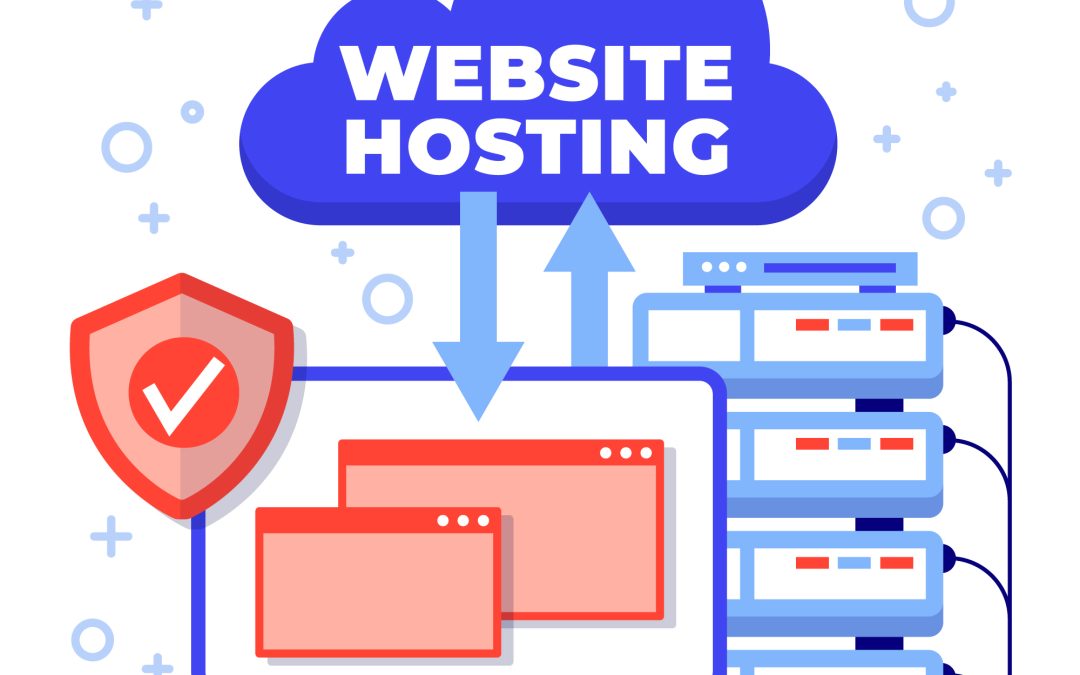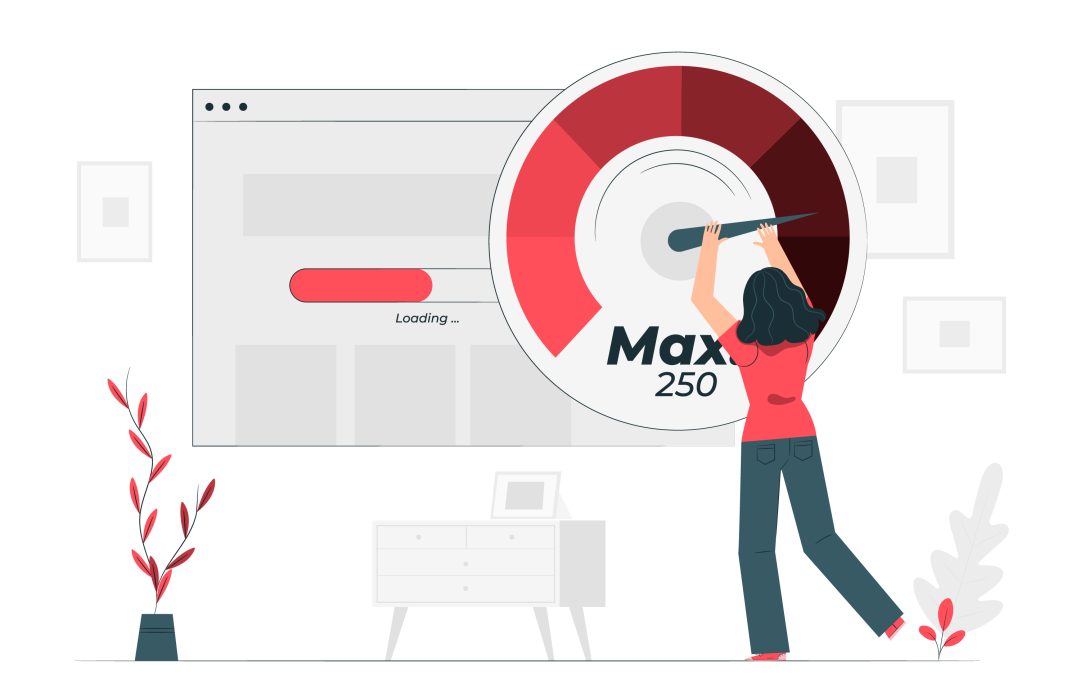
by admin | Feb 4, 2024 | Wordpress
In the ever-expanding digital landscape, having a robust online presence is crucial for individuals and businesses alike. One of the key pillars that support this digital existence is web hosting. And when it comes to web hosting, Hostinger stands tall as a reliable and innovative provider.
Affordable Excellence
Hostinger has gained acclaim for its commitment to providing affordable yet high-quality web hosting solutions. Whether you are a startup, a blogger, or an enterprise, Hostinger offers plans that cater to every need without burning a hole in your pocket.
Blazing Fast Speeds
In the fast-paced world of the internet, speed matters. Hostinger’s servers are strategically located worldwide to ensure that your website loads at lightning speed, providing visitors with a seamless and enjoyable experience. The emphasis on speed is not just a perk but a necessity in today’s competitive online environment.
Reliability Redefined
Downtime is the enemy of any website. Hostinger understands this and guarantees an impressive uptime percentage. With top-notch server technology and proactive monitoring, you can trust Hostinger to keep your website up and running, ensuring that your audience can access it whenever they need.
User-Friendly Experience
Navigating the world of web hosting can be daunting for beginners. Hostinger simplifies this process by providing an intuitive and user-friendly control panel. Whether you’re setting up a website for the first time or you’re a seasoned developer, Hostinger’s interface is designed to make managing your web hosting a breeze.
Security First Approach
Security is paramount in the digital age, and Hostinger takes it seriously. With robust security measures, including SSL certificates, regular backups, and malware scans, your website is safeguarded against potential threats. Hostinger’s commitment to security ensures that you and your visitors can browse your site with confidence.
Scalability for Growth
As your website grows, so do your hosting needs. Hostinger understands the importance of scalability. With a range of hosting plans, you can seamlessly upgrade your resources to accommodate increased traffic and expand your online presence without any hassle.
24/7 Customer Support
In the world of web hosting, issues can arise at any time. That’s why Hostinger provides 24/7 customer support. Their knowledgeable and responsive support team is ready to assist you with any queries or concerns, ensuring that you can focus on what matters – your website.

by admin | Jan 7, 2024 | Wordpress
Fixing a critical error in WordPress can depend on the specific error message you’re encountering. Critical errors often result in the “The site is experiencing technical difficulties” message.
Here are some general steps you can take to troubleshoot and fix a critical error:
- Enable Debugging:
- Access your WordPress site via FTP or your hosting file manager.
- Locate the
wp-config.php file in your site’s root directory.
- Add the following lines of code to enable debugging:php
define( 'WP_DEBUG', true ); define( 'WP_DEBUG_LOG', true ); define( 'WP_DEBUG_DISPLAY', false );- Save the changes and upload the file.
- Check the Error Log:
- After enabling debugging, WordPress will log errors to a
debug.log file.
- Look for the
wp-content/debug.log file on your server to find detailed error messages.
- This log might reveal the cause of the critical error.
- Update WordPress and Plugins:
- Ensure your WordPress core is updated to the latest version.
- Update all plugins and themes.
- Check for Theme or Plugin Conflicts:
- Deactivate all plugins and switch to a default WordPress theme (like Twenty Twenty-One).
- Check if the critical error persists. If it doesn’t, reactivate each plugin and theme one by one to identify the culprit.
- Increase PHP Memory Limit:
- A critical error might be caused by exceeding the PHP memory limit.
- Increase the memory limit by adding the following line to your
wp-config.php file:php
define( 'WP_MEMORY_LIMIT', '256M' );- Adjust the value as needed.
- Revert to a Default .htaccess File:
- If the
.htaccess file is causing issues, create a backup and replace it with the default WordPress .htaccess file.
- Reinstall WordPress Core:
- Reinstalling WordPress core files can replace corrupted files.
- Download the latest WordPress version and replace all files except
wp-content and wp-config.php.
- Contact Hosting Support:
- If you’ve tried the above steps and the issue persists, contact your hosting provider’s support for assistance.
Remember to back up your site before making significant changes. If you’re not comfortable troubleshooting on your own, seeking professional help might be the best course of action.

by admin | Dec 29, 2023 | Wordpress
In the fast-paced digital era, the speed of your WordPress website is paramount. A sluggish site not only frustrates visitors but can also impact search engine rankings. Fortunately, optimizing your WordPress website for speed doesn’t require advanced technical skills. In this comprehensive guide, we’ll walk through various strategies to supercharge your website’s performance.
1. Choose a Fast Web Hosting Provider:
Selecting a reliable and fast hosting provider is the foundation of a speedy website. Consider reputable hosts known for their performance, and choose a plan that suits your traffic needs.
2. Optimize Images:
Large image files can significantly slow down your site. Before uploading images, compress them using tools like TinyPNG or ImageOptim. Additionally, utilize responsive images and lazy loading to ensure faster loading times.
3. Utilize a Content Delivery Network (CDN):
Implement a CDN to distribute your website’s static content across multiple servers worldwide. This reduces the physical distance between the server and the user, resulting in faster loading times.
4. Enable Browser Caching:
Leverage browser caching to store static files like images, stylesheets, and JavaScript on visitors’ browsers. This way, returning users don’t need to re-download these resources, enhancing load times.
5. Minify CSS, JavaScript, and HTML:
Remove unnecessary characters, white spaces, and comments from your code. Plugins like Autoptimize or W3 Total Cache can automate this process, optimizing your site’s front-end performance.
6. Use a Lightweight Theme:
Opt for a well-coded, lightweight theme. Bloated themes with excessive features can slow down your website. Consider themes known for their speed and responsiveness.
7. Optimize Database:
Regularly clean up your database by removing unnecessary data, spam comments, and revisions. Plugins like WP-Optimize can automate this process, keeping your database streamlined.
8. Implement Gzip Compression:
Enable Gzip compression to reduce the size of your website’s files before they are sent to the browser. Most modern browsers support Gzip, resulting in faster loading times.
9. Reduce Server Requests:
Minimize the number of server requests by limiting the use of external scripts, plugins, and widgets. Each request adds to the loading time, so prioritize essential elements.
10. Optimize WordPress Performance Settings:
Tweak WordPress settings for optimal performance. Adjust the number of post revisions, limit the number of blog posts displayed on a page, and use excerpts instead of full posts on archive pages.
11. Utilize Advanced Caching Techniques:
Consider advanced caching mechanisms such as object caching and opcode caching. Plugins like Redis or Memcached can enhance your site’s caching capabilities.
12. Regularly Update WordPress and Plugins:
Keep your WordPress core, themes, and plugins up to date. Developers regularly release updates that include performance improvements and security patches.
Conclusion:
Optimizing your WordPress website for speed is an ongoing process that requires regular attention. By following these strategies, you can create a seamless and lightning-fast user experience. Remember to regularly test your website’s speed using tools like Google PageSpeed Insights or GTmetrix to identify areas for improvement. A fast website not only improves user satisfaction but also positively impacts your search engine rankings, making it a worthwhile investment for the success of your online presence.



